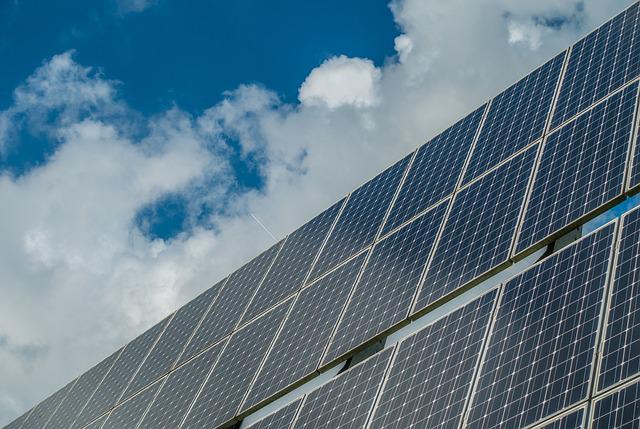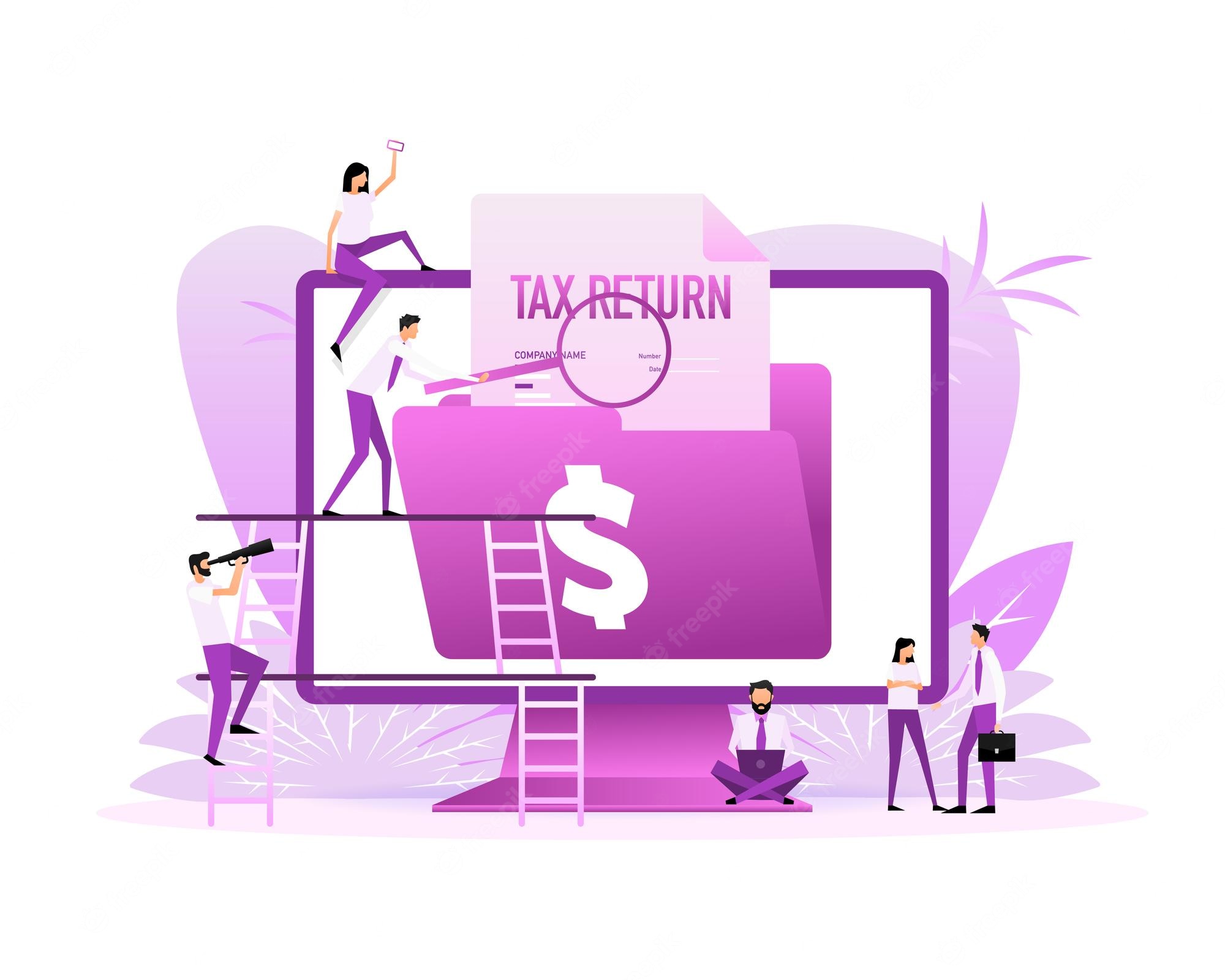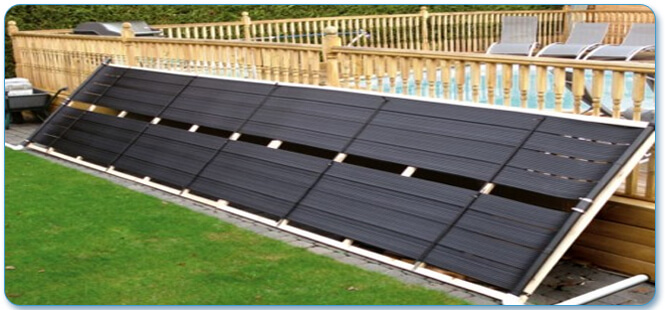
There are many incentives to consider if you're interested in installing solar panel on your property. These include tax credits and feed-in tariffs. There are also up-front rebates. Not all programs are available for everyone. You can check with the office of renewable energy in your state to find out what programs are available.
Tax credits
Tax credits for solar panels can be a great way to offset the costs of installing them. These credits can either be claimed by the owners of newly installed or renovated solar panel systems, and they can also offset the cost to purchase battery storage units. The new 30 percent credit is a great incentive for homeowners who would like to add energy storage systems for backup power and energy security. The new tax credit will also help to reduce the emissions of 1 billion tons carbon dioxide by 2030.
You must be a first-time installer of a solar PV system. You cannot claim the tax credit on a solar lease or PPA. A tax credit can be claimed for equipment, wiring, and inverters used to make your solar array.

Feed in tariffs
Solar panels are installed by households through feed-in tariffs. This provides them with incentives to generate their own electricity. This money is not subject to tax, and households will be paid around three pence per kilowatt-hour of electricity they export to grid. The government's recent plans to abolish feed-in fees is a blow for renewable energy.
Although rare, feed-in tariffs are available for solar panels. According to the Database of State Incentives for Renewables and Efficiencys (DSIRE), there are seven states that have solar feedin tariffs at present. While they are unlikely to have a significant effect on the economics and profitability of solar installations in the long-term, solar feedin tariffs can help to minimize the financial risk associated to going solar.
Community solar programs
New York offers solar panel installation incentives through the state's Solar for All Program. By allowing low-income New Yorkers the opportunity to subscribe for community solar projects, this program assists them in their daily lives. The program also reduces the implementation and financing costs of solar projects and maximizes savings for participants. Another benefit is that community solar subscriptions won't interfere with existing electrical efficiency measures, such as the Energy Affordability Bill Discount.
Apart from providing financial assistance to solar panel installation, community-based solar programs help create jobs and increase local wealth. The DOE launched the SunShot Initiative. It aims to make solar power more cost-effective than traditional sources of electricity within a decade. The National Community Solar Partnership is another similar initiative. This partnership combines the momentum of the public and private sectors. It convenes all relevant stakeholders to accelerate community sunlight deployment in low-income and moderate-income areas.

Get up-front discounts
Installing solar panels can be cheaper by getting up-front rebates. These rebates are available from the state, the panel manufacturer, or the utility company. Rebates vary in amount but typically amount to a dollar-for-dollar reduction in the total cost of installing solar panels. These rebates can be passed on to the consumer as savings. The primary benefit of residential solar panels is net metering, which means that for every kilowatt-hour produced by a solar panel, the homeowner will save one dollar on their monthly electricity bill.
Another advantage to solar panels is the possibility of leasing them. These leases can be very affordable and can be very cost-effective. These agreements will usually have a 20-year term and will benefit both the homeowner and the local utility. Each method has its advantages and disadvantages, so it is important to research all options before you decide which one is best for you.